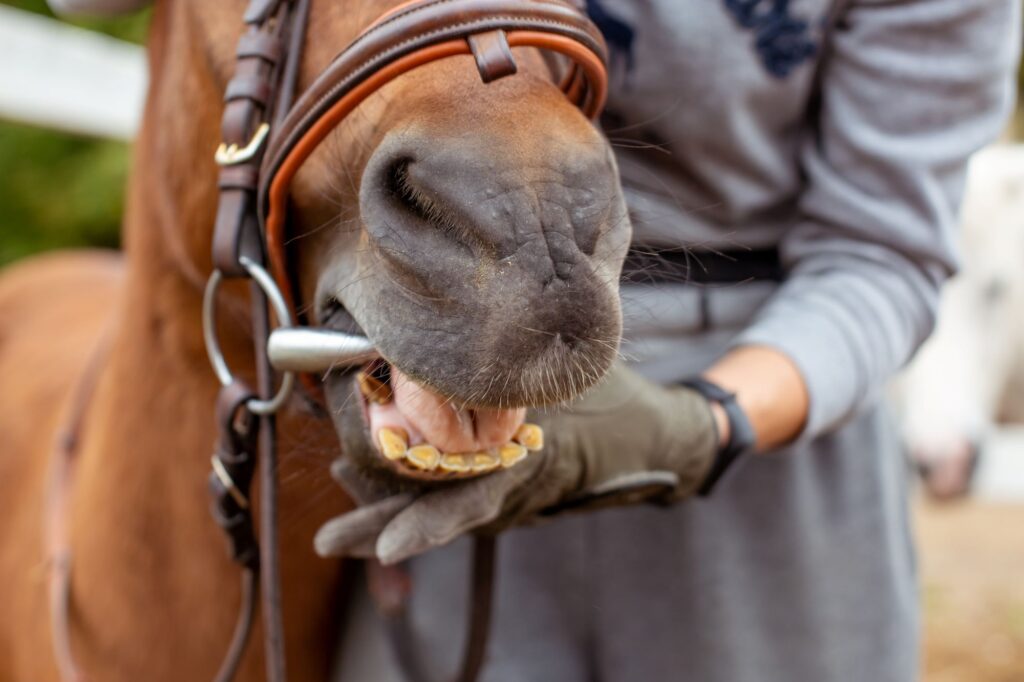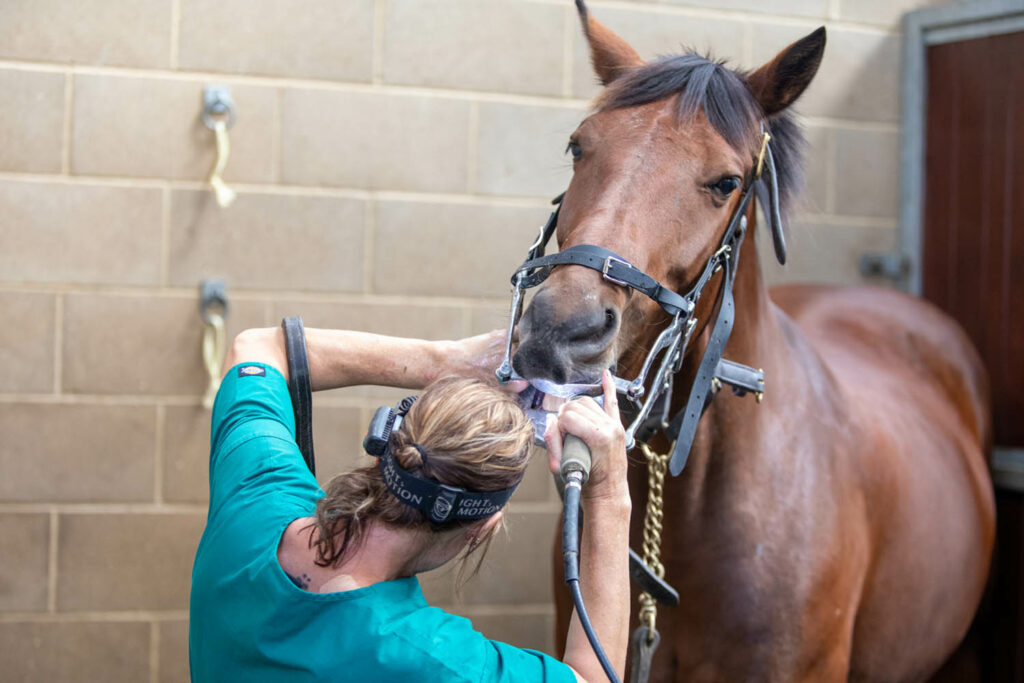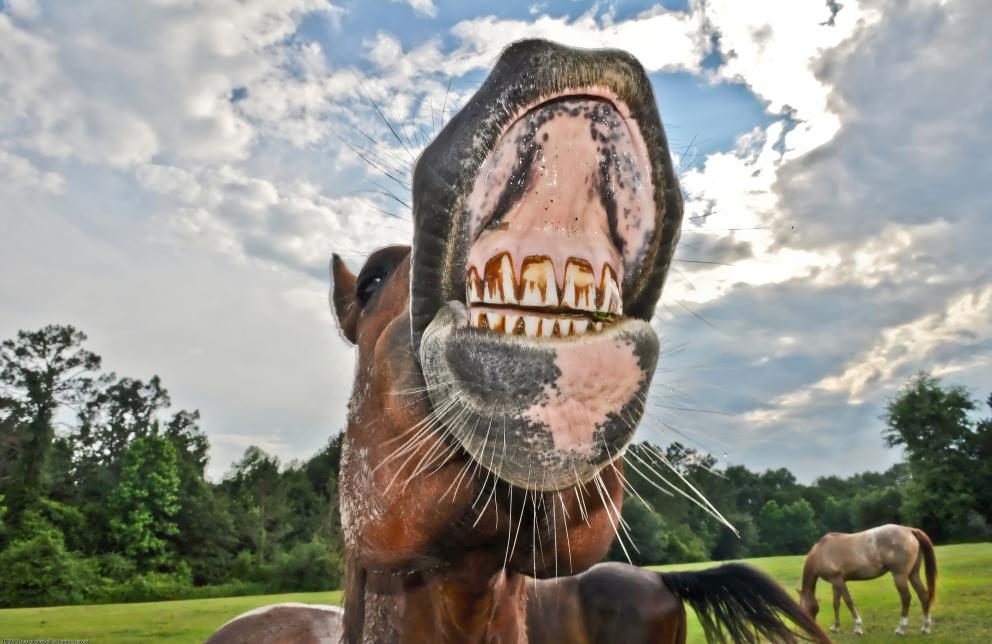The question how many teeth do horses have is common among equestrian enthusiasts and horse owners alike. Understanding a horse’s dental structure is crucial for maintaining its overall health and well-being. Horses, like humans, have a specific number of teeth that change as they grow. Let’s dive deep into the fascinating world of equine dentition.

The Basics of Equine Teeth
Horses are born with no teeth, but by the time they reach adulthood, they can have between 36 to 44 teeth. This variation depends largely on the presence of certain types of teeth, such as canines and wolf teeth. The dental formula for an adult male horse typically consists of 12 incisors, 12 premolars, 12 molars, and 4 canines. In some cases, horses may also have wolf teeth, which are small, vestigial premolars.
Lifecycle of Horse Teeth
Just like humans, horses have two sets of teeth during their lifetime. The first set, known as ‘milk teeth’ or deciduous teeth, will eventually be replaced by a permanent set as the horse matures. This transition usually begins around the age of two and a half years and is completed by the age of five. During this time, horse owners should pay special attention to their horse’s dental health to ensure a smooth transition.
Understanding the Types of Horse Teeth
Each type of tooth in a horse’s mouth serves a unique purpose, contributing to their overall ability to chew and digest food efficiently. Here’s a closer look at each type:
Incisors
The incisors are located at the front of the horse’s mouth and are primarily used for cutting food. Horses have six incisors on the top jaw and six on the bottom. These teeth are also used to determine the age of the horse, as they undergo predictable wear patterns over time.
Canines
Canine teeth, often referred to as ‘tushes’, are more commonly found in male horses. These teeth are located behind the incisors and are not essential for chewing. Instead, they are believed to be a remnant from the horse’s evolutionary past when canines were used for defense.
Premolars and Molars
Premolars and molars are located at the back of the horse’s mouth and are used for grinding food. Together, they form the horse’s ‘cheek teeth’. These teeth have a complex surface that is ideal for breaking down fibrous plant material, which is a primary component of a horse’s diet.
Wolf Teeth
Wolf teeth are small and often appear in front of the premolars. Not all horses have wolf teeth, and they are more common in the upper jaw. In some cases, wolf teeth can cause discomfort, especially when bit pressure is applied, leading some horse owners to opt for their removal.
The Importance of Dental Care
Proper dental care is essential for a horse’s overall health. Dental issues can lead to problems with eating, weight loss, and even behavior changes. Regular dental check-ups by a qualified equine dentist can help prevent these issues and ensure that your horse’s teeth are in good condition.
Signs of Dental Problems
Horse owners should be vigilant for signs of dental problems, such as difficulty eating, dropping food, bad breath, and swelling around the mouth. If any of these symptoms are observed, it’s important to consult with an equine dentist promptly.
Maintaining Your Horse’s Dental Health
Routine dental care should be part of every horse’s healthcare plan. This includes regular dental check-ups, floating (filing down) of sharp points, and addressing any dental abnormalities. By actively managing your horse’s dental health, you can help ensure they remain comfortable and healthy. For more information on equine dental care, you can visit this comprehensive guide.
Choosing the Right Products
Part of maintaining your horse’s dental health involves using the right products. For instance, fly repellent shampoos can help keep your horse comfortable, while shampoos for dry skin can help maintain their coat and skin health.
Conclusion
Understanding how many teeth do horses have and the types of teeth they possess is essential for providing proper care. Regular dental check-ups and appropriate care can prevent potential health issues and ensure that your horse remains happy and healthy throughout its life. For more detailed information on equine dentistry, consider visiting this resource.

FAQ Section
1. How do I know if my horse has dental problems?
Signs of dental problems in horses include difficulty eating, dropping food, bad breath, and swelling around the mouth. Regular dental check-ups can help catch these issues early.
2. At what age do horses get their permanent teeth?
Horses typically start getting their permanent teeth between the ages of two and a half and five years. This process should be monitored by a professional to ensure healthy dental development.
3. Are wolf teeth harmful to horses?
While not all horses have wolf teeth, they can sometimes cause discomfort, especially when using a bit. In such cases, removal by a qualified equine dentist may be recommended.
This article contains affiliate links. We may earn a commission at no extra cost to you.
